Stress Support Review: Natural Anxiety Relief Solution
Special! In stock
SURPRISES HAPPEN, AND SOMETIMES WE HAVE TO DO THINGS WE’RE NOT SURE ABOUT; THINGS LIKE PUBLIC SPEAKING OR SITTING AN EXAM.
You can’t control the world around you, but you might need to push on through the unexpected and uncomfortable.
Stress Support Review: Natural Anxiety Relief Solution
Anxiety can feel like a heavy shadow, making everyday life hard. It makes every breath a fight and every moment tense. For millions of Americans, finding ways to manage anxiety is a must.
More than 19% of adults in the U.S. deal with anxiety each year. This makes finding natural solutions very important. The Stress Support review looks into new ways to handle mental health without just drugs.
Our deep dive shows how natural remedies can change anxiety management. By learning about stress relief, people can take back control. They can find real ways to feel emotionally balanced.
Key Takeaways
- Anxiety affects nearly 1 in 5 adults in the United States
- Natural solutions offer promising alternatives to traditional treatments
- Personalized stress management approaches can significantly improve mental health
- Understanding anxiety triggers is key for effective management
- Holistic strategies can provide complete support for mental wellness
Understanding Anxiety and Natural Relief Methods
Anxiety is a big mental health issue for many Americans. About 6.8 million people have generalized anxiety disorder. Worldwide, 16.6% of people have had an anxiety disorder at some point. It’s important to understand anxiety to find good ways to cope and stay mentally well.
Common Symptoms of Anxiety
Knowing the signs of anxiety is key to feeling better. Common signs include:
- Persistent nervousness and restlessness
- Rapid heartbeat and chest discomfort
- Excessive worrying
- Difficulty concentrating
- Sleep disruptions
The Role of Natural Solutions
Natural ways to deal with anxiety are becoming more popular. Holistic strategies are seen as good alternatives to medicine. They aim to fix the problem and improve mental health in a complete way.
Impact on Daily Life
Anxiety can really mess up your life if you don’t deal with it. It can make it hard to make decisions, interact with others, and enjoy life. Finding good ways to cope is key for managing anxiety.
Mental wellness is not about eliminating stress, but learning to navigate challenges with resilience and understanding.
By trying natural ways to feel better and understanding anxiety, people can build emotional strength. They can find meaningful ways to manage their mental health journey.
The Science Behind Natural Anxiety Management
Modern science has found new ways to help manage stress naturally. It shows that our body’s stress response can be changed with natural methods.
Studies have shown interesting links between natural methods and anxiety:
- A 2019 study found that Ashwagandha can lower stress by 33.77%–38.34%
- Rhodiola also lowered stress levels significantly
- Herbal supplements might be a good alternative to medicines
How natural methods work involves complex brain chemistry. Certain herbs and practices can change how our brain handles stress.
Important findings show several key ways to reduce stress:
- Using herbal supplements with adaptogens
- Practicing mindfulness and meditation
- Doing specific exercises
- Keeping a regular sleep schedule
Research shows these methods can improve brain chemistry. This can help lower anxiety and improve mental health.
Natural methods offer hopeful solutions for managing stress and anxiety.
Using natural techniques backed by science can greatly help mental health. It helps people build strong ways to handle stress.
Herbal Supplements for Anxiety Relief
Natural stress relief strategies are becoming more popular. People are looking for gentler options instead of traditional medicines. Herbal supplements are seen as good self-care practices for anxiety and emotional well-being.
Research shows that many herbal supplements can help with stress and mental health. Here are some of the most effective natural options for anxiety relief:
Kava: A Powerful Anxiety Reducer
Kava is a natural remedy for anxiety. Studies show it can reduce anxiety well:
- Demonstrated moderate anxiety reduction
- Mean difference of -2.46 on anxiety scales
- Potential effectiveness comparable to some pharmaceutical interventions
Passion Flower: Gentle Anxiety Support
Passion flower is a gentle way to reduce stress. Research points out its benefits:
- Comparable anxiety reduction to mild sedatives
- Mean difference of -4.20 on anxiety measurement scales
- Well-tolerated by most individuals
Valerian Root: Natural Calming Properties
Valerian root is another natural option for anxiety:
| Characteristic | Details |
|---|---|
| Dosage Range | 100-1,300 mg |
| Potential Benefits | Anxiety symptom reduction |
| Research Status | Mixed evidence of effectiveness |
While herbal supplements are promising, it’s important to talk to a healthcare professional before starting them. Everyone reacts differently, and they might interact with other medicines.
Note: Always prioritize a complete stress management plan. This should include herbal supplements, lifestyle changes, diet, and professional advice.
Essential Oils and Aromatherapy Approaches
Aromatherapy is a strong tool for reducing stress. It offers natural ways to relax and manage anxiety. Essential oils use plant extracts to heal and reduce stress.
Studies show aromatherapy works well for stress relief. A review of 30 studies found it improves sleep, reduces anxiety, and boosts emotional health. This is thanks to the right use of essential oils.
- Most effective essential oils for anxiety relief:
- Lavender: Calming and sedative properties
- Citrus: Mood-enhancing and energizing
- Rose: Emotional balance and stress reduction
Experts say to use essential oils carefully. Mix them with carrier oils for safe skin use. Choose organic or therapeutic-grade oils for the best results.
| Essential Oil | Stress Reduction Potentia | Primary Benefits |
|---|---|---|
| Lavender | High | Calming, improves sleep quality |
| Citrus | Moderate to High | Mood enhancement, energy boost |
| Rose | Moderate | Emotional balance, anxiety reduction |
Experts suggest using essential oils in different ways. You can inhale them, massage them into your skin, or use a diffuser. Each method helps manage stress and relaxes you.
Aromatherapy is not just a trend—it’s a scientifically supported approach to natural stress management.
Remember, safety first. Never swallow essential oils and be careful in sunlight. Always talk to a healthcare professional before trying new relaxation methods.
Stress Support Review: Product Analysis and Benefits
Finding the right way to manage anxiety can be tough. Our review looks at a natural supplement for stress and anxiety relief.
This product is backed by research. It uses natural ingredients that work together to improve mental health.
Key Ingredients
The supplement has a mix of proven ingredients:
- Lemon Balm Extract: Contains ≥7% rosmarinic acid
- AlphaWave® L-Theanine: 200 mg per serving, for calmness
- Helps with neurotransmitter balance
Usage Guidelines
The dosage is flexible for everyone:
- Take one capsule once or twice a day
- Results can differ from person to person
- Always talk to a healthcare expert for advice
Expected Results
Studies show it might help with stress and anxiety:
| Outcome | Potential Impact |
|---|---|
| Neurotransmitter Regulation | Helps with GABA and reduces glutamate |
| Calming Effect | Like meditation |
This product is for those looking for natural stress relief. It’s gluten-free, Non-GMO, and vegetarian.
Mind-Body Techniques for Stress Management
Managing stress needs a whole-body approach. This includes mindfulness exercises and relaxation methods. Studies show strong links between mental techniques and less anxiety. By using certain mind-body strategies, people can better control their emotions and lower stress.
Mindfulness exercises are great for handling anxiety. A 2023 study found that mindfulness-based stress reduction (MBSR) works as well as medicine for anxiety. The trick is to keep practicing to stop negative thoughts.
- Meditation techniques
- Deep breathing exercises
- Progressive muscle relaxation
- Yoga practices
Relaxation methods have been proven to reduce stress. A 2019 study looked at 29 studies and found mindfulness practices lowered anxiety and stress in many people.
| Technique | Key Benefits | Average Effectiveness |
|---|---|---|
| Meditation | Reduces anxiety | 65% symptom improvement |
| Deep Breathing | Lowers stress hormones | 55% reduction in cortisol |
| Progressive Muscle Relaxation | Releases physical tension | 60% anxiety reduction |
Adding these techniques to your daily life can change how you handle stress. Regular use builds strength, making it easier to deal with tough emotions.
Exercise and Physical Activity Impact
Physical activity is a strong way to improve mental health. Studies show it helps manage anxiety. It’s a simple self-care method for everyday stress.
Regular exercise has many mental health benefits. It can lessen anxiety symptoms. It affects our brain and emotions positively.
Recommended Exercise Types
There are various exercises good for stress:
- Aerobic exercises like running and swimming
- Strength training with weights or resistance bands
- Yoga and mindfulness-based movement
- High-intensity interval training (HIIT)
Exercise Frequency and Duration
Experts suggest specific exercise amounts for stress relief:
- 75-150 minutes of vigorous exercise per week
- 30-minute sessions, 3-5 days weekly
- Mix of low and high-intensity workouts
“Physical activity is a powerful tool for managing stress and improving mental wellness.” – Mental Health Research Institute
Even light exercise can lower stress. People feel less stressed in the evening after exercising. Short 10-minute walking breaks can also improve mood and alertness. This makes exercise a simple way to reduce stress for all.
Dietary Considerations for Anxiety Control
Nutrition is key in managing mental health and stress. Studies show that what we eat affects our anxiety levels and mental well-being.
It’s important to understand how food impacts anxiety. Some nutrients and eating habits can make anxiety worse, while others can help.
- Complex carbohydrates help increase serotonin levels, promoting calmness
- Protein-rich breakfast stabilizes blood sugar and energy levels
- Omega-3 fatty acids support brain health and reduce anxiety
- Whole grains provide sustained energy and mood regulation
Here are some tips for reducing stress through diet:
- Reduce caffeine intake, specially before bedtime
- Limit alcohol consumption
- Stay hydrated throughout the day
- Incorporate fruits and vegetables rich in nutrients
“Your diet can be a powerful tool in managing anxiety and promoting mental wellness.” – Nutrition Experts
Diet modifications can take time to show effects. It’s important to be patient and consistent in making dietary changes.
Making smart food choices can help support mental health. It can also lead to better stress management.
CBD and Natural Cannabinoids for Anxiety
CBD is seen as a natural way to manage anxiety. Studies show it could help with stress. About 14% to 33% of U.S. adults have tried CBD for wellness.
Research shows how CBD works with our body’s endocannabinoid system. It affects more than 65 brain receptors. This includes serotonin, which helps control mood.
How CBD Works for Anxiety
Studies suggest CBD can help with anxiety. Key findings include:
- Over a dozen animal studies showed CBD reduces anxiety-like behavior.
- Studies in 2011 found CBD lowered anxiety in people with social anxiety disorder.
- A 2019 study found CBD helped teenagers with social anxiety.
Dosage Recommendations
Finding the right CBD dose is important for managing anxiety. Research points to a careful approach:
| Dosage Range | Potential Effects | Research Context |
|---|---|---|
| 2.5-10 mg/kg | Anxiolytic effects | Animal studies |
| Up to 1500 mg/day | No reported adverse effects | Human clinical trials |
| Moderate doses | Most effective anxiety reduction | Preclinical research |
Note: Always consult healthcare professionals before starting any new supplement regimen for anxiety management.
While promising, it’s important to know the FDA doesn’t regulate CBD products. Side effects might include sleepiness, appetite changes, and mood swings. It’s best to use CBD as part of a bigger plan to manage anxiety.
Lifestyle Modifications for Anxiety Management
Managing anxiety is more than just taking medication. It’s about finding ways to cope and build emotional strength. Making lifestyle changes can help reduce anxiety and improve your mental health.
Here are some key lifestyle changes for managing anxiety:
- Establishing consistent sleep patterns
- Practicing effective time management
- Maintaining strong social connections
- Implementing regular physical activity
- Developing stress reduction techniques
Good sleep habits are essential for managing anxiety. Studies show that 69% of clinical trials found spiritual and lifestyle changes can lower anxiety. A regular sleep routine helps control mood and stress.
Having strong social connections is also vital. Research shows that good relationships can greatly reduce anxiety. Talking to friends and family and building supportive networks can help you feel less stressed and more supported.
Learning to manage your time can also help. Breaking tasks into smaller steps and focusing on self-care can make you feel more in control. It helps reduce feelings of being overwhelmed.
Regular exercise is another effective way to manage anxiety. Experts recommend 150-300 minutes of moderate exercise each week. Exercise not only boosts physical health but also releases happy hormones that help with mental well-being.
Safety Considerations and Possible Interactions
When you explore self-care for mental wellness, it’s important to watch out for risks and interactions. Natural ways to ease anxiety can be helpful, but they might have side effects. Knowing about safety is key for using supplements wisely.
Common Side Effects
Natural remedies can sometimes cause unexpected reactions. Even if they seem safe, they might lead to:
- Mild digestive discomfort
- Headaches or dizziness
- Temporary changes in sleep patterns
- Allergic reactions
People under a lot of stress might be more likely to react to supplements. Studies show that health care costs are nearly 50% higher for those with high stress. This makes it vital to manage supplements carefully.
When to Consult a Healthcare Provider
There are times when you should get advice from a doctor:
- Pre-existing medical conditions
- Current prescription medication regimens
- Persistent or severe anxiety symptoms
- Unexpected adverse reactions
Your mental wellness journey should prioritize safety and professional guidance.
Managing stress is a big challenge. With over 50% of healthcare professionals experiencing high stress levels, knowing about interactions is essential for good self-care.
Conclusion
The stress support review shows a wide path to managing anxiety, beyond old ways. It combines natural supplements and lifestyle changes. This mix helps fight anxiety and builds mental strength.
Studies show social support is key for mental health. People with strong social ties see big boosts in their mental health. They see a 54.5% jump in school spirit and an 84.8% rise in feeling well.
Handling anxiety well means using a mix of methods. This includes natural supplements, mind-body practices, healthy eating, and good social ties. Getting help from experts is vital to make a plan that fits you.
The path to better mental health is ongoing and needs effort and understanding. Stress support offers real help and ways to deal with anxiety and emotional health.
FAQ
What is Stress Support and how does it help with anxiety?
Stress Support is a natural supplement made to help manage anxiety and stress. It uses herbal ingredients to promote relaxation and emotional balance. It’s a non-pharmaceutical way to reduce anxiety symptoms and support mental wellness.
Are natural anxiety relief methods as effective as prescription medications?
Natural methods can be effective for many, but results vary. They offer a holistic approach to stress, using herbs, mindfulness, diet, and exercise. For severe anxiety, it’s best to talk to a healthcare professional about treatment.
What key ingredients are typically found in natural stress relief supplements?
Ingredients like kava, passion flower, valerian root, chamomile, and ashwagandha are common. These herbs help reduce anxiety, promote relaxation, and support emotional resilience by interacting with the body’s stress response.
How long does it take to see results from natural anxiety supplements?
Improvement times vary, but most see results in 2-4 weeks. Consistent use and lifestyle changes like exercise and diet are key for best results.
Are there any side effects associated with natural anxiety supplements?
Natural supplements are generally safer than drugs but can have side effects. Issues like digestive discomfort, drowsiness, or interactions with other drugs can occur. Always talk to a healthcare provider before starting any new supplement.
Can I use Stress Support alongside other anxiety management techniques?
Yes! Natural supplements work best with a holistic approach. This includes mindfulness, exercise, balanced nutrition, and stress reduction techniques like meditation and deep breathing.
How do I know if I need professional help for my anxiety?
If anxiety affects your daily life, causes persistent distress, leads to panic attacks, or interferes with work, relationships, or quality of life, seek professional help. Natural supplements can be a helpful addition, but they shouldn’t replace medical treatment for severe anxiety.
Are natural anxiety relief methods suitable for everyone?
Not everyone responds the same way to natural methods. Health conditions, medications, and personal physiology can affect their effectiveness. Pregnant women, individuals with pre-existing medical conditions, and those taking other medications should consult a healthcare provider before starting any new supplement or treatment.
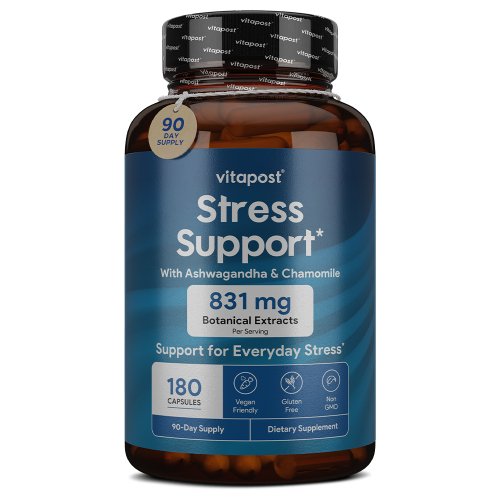
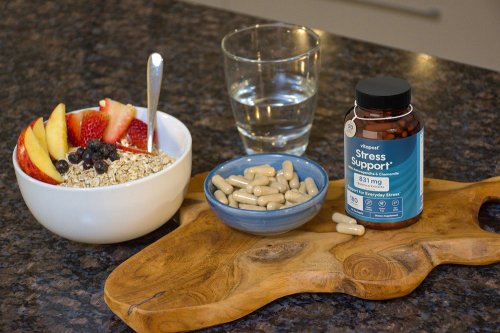



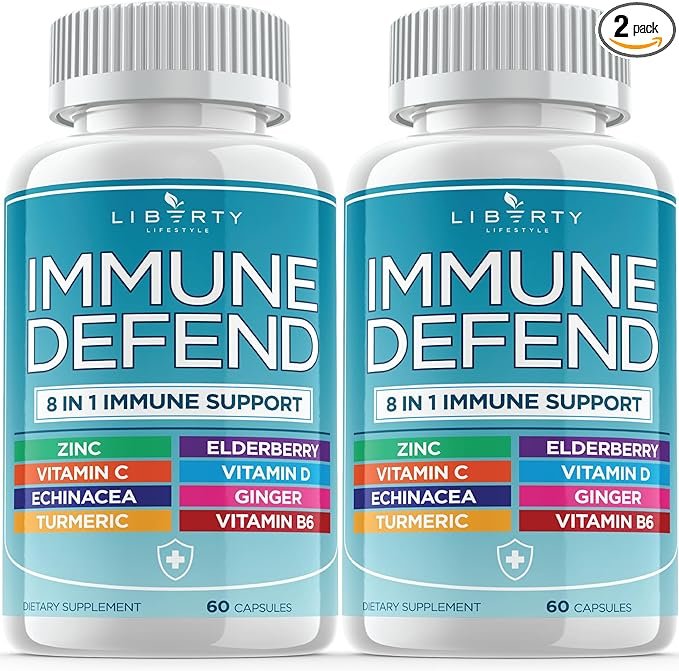
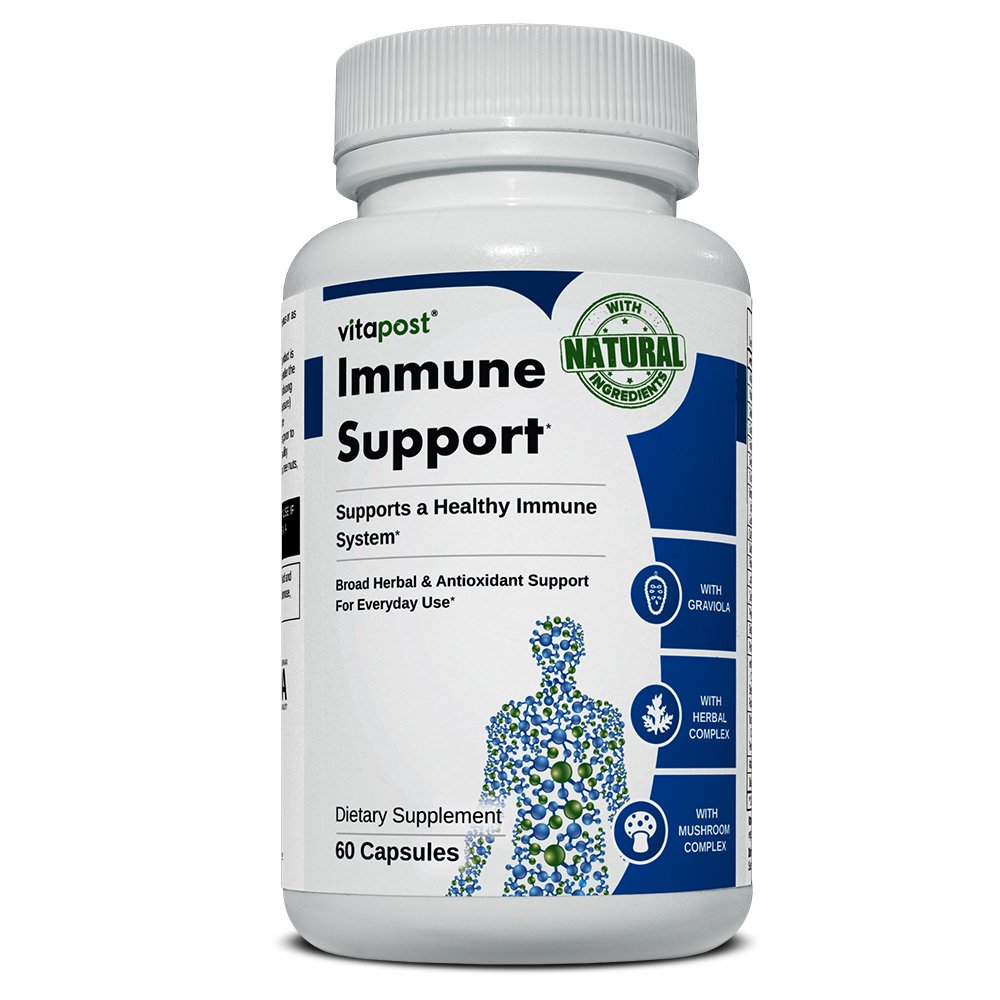
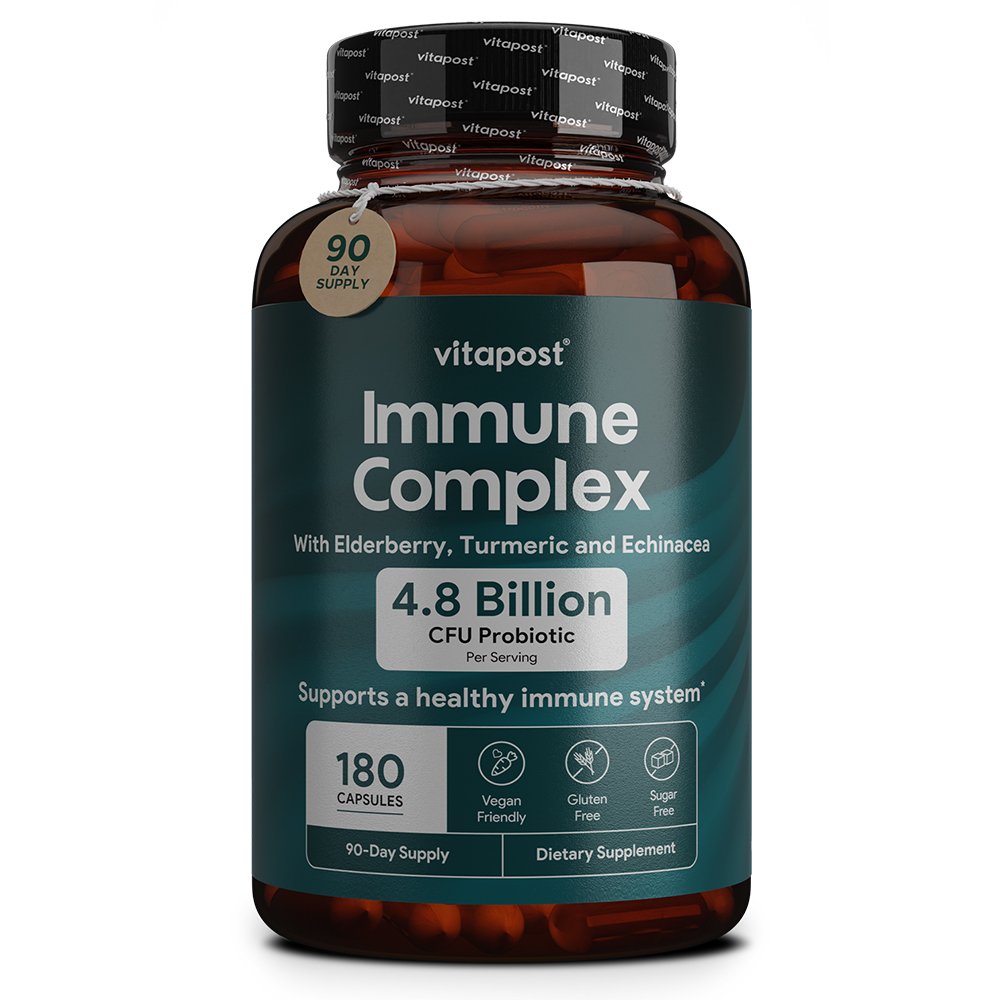







There are no reviews yet.